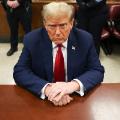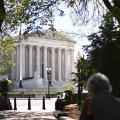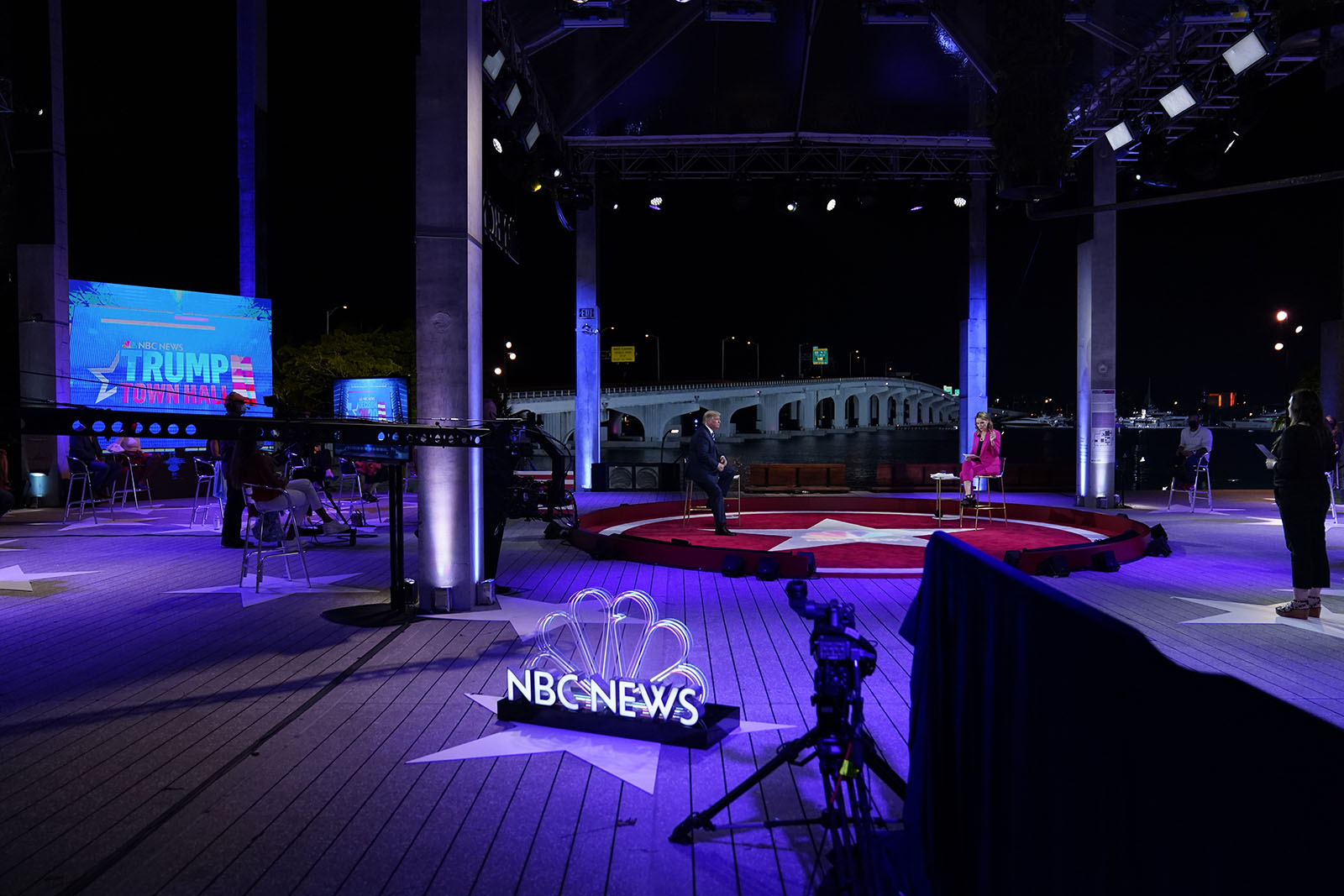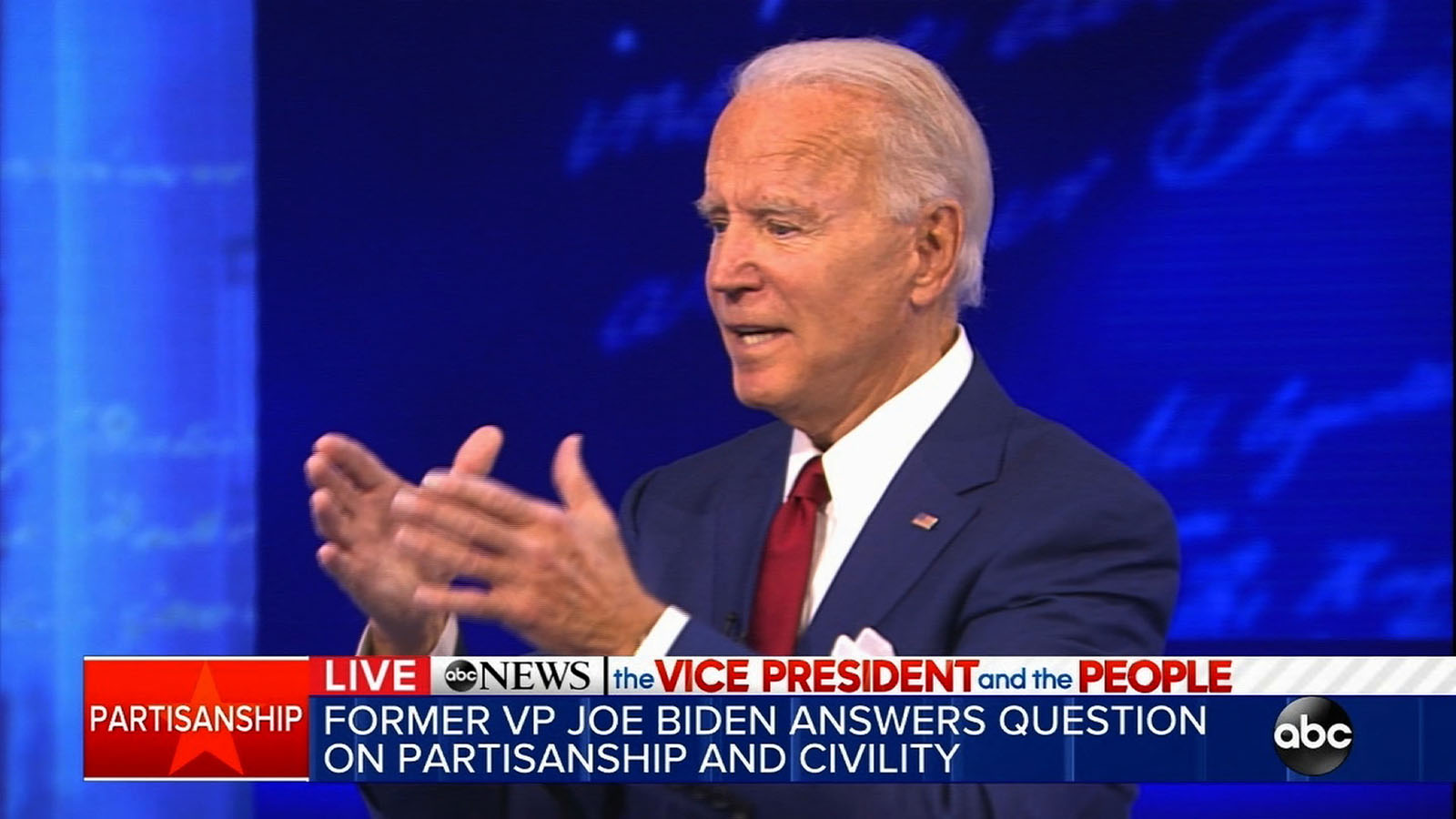After hesitating to make the commitment for weeks, President Trump said he would accept a peaceful transfer of power if he loses the election, but he continued to sow doubt on the election results and made baseless claims about Obama administration officials spying on his 2016 campaign.
"They spied heavily on my campaign and they tried to take down a duly elected sitting president, and then they talk about 'will you accept a peaceful transfer?' And the answer is, yes, I will, but I want it to be an honest election and so does everybody else," the President said, adding, "when I see thousands of ballots dumped in a garbage can and they happen to have my name on it, I'm not happy about it," in an NBC town hall on Thursday night.
In his exchange with NBC's Savannah Guthrie, he made a variety of false claims about "unsolicited" and "fraudulent ballots." You can read CNN's fact checks on thrown out ballots and unsolicited ballots.
Presented with the claim by his own FBI director that there is no evidence of widespread voter fraud, Trump again took a swipe at FBI Director Christopher Wray, saying "oh really? Then he's not doing a very good job."
Asked why he seemed to be laying the groundwork for doubt in the election results, the President claimed "I don't want that to happen."
"I want it to be clean and I...I really feel we're going to win, but I want this to be clean," Trump said.
After giving several answers riddled with election disinformation, the President gave his final thoughts on the matter: "Peaceful transfer...I absolutely want that, but ideally, I don't want a transfer because I want to win."





